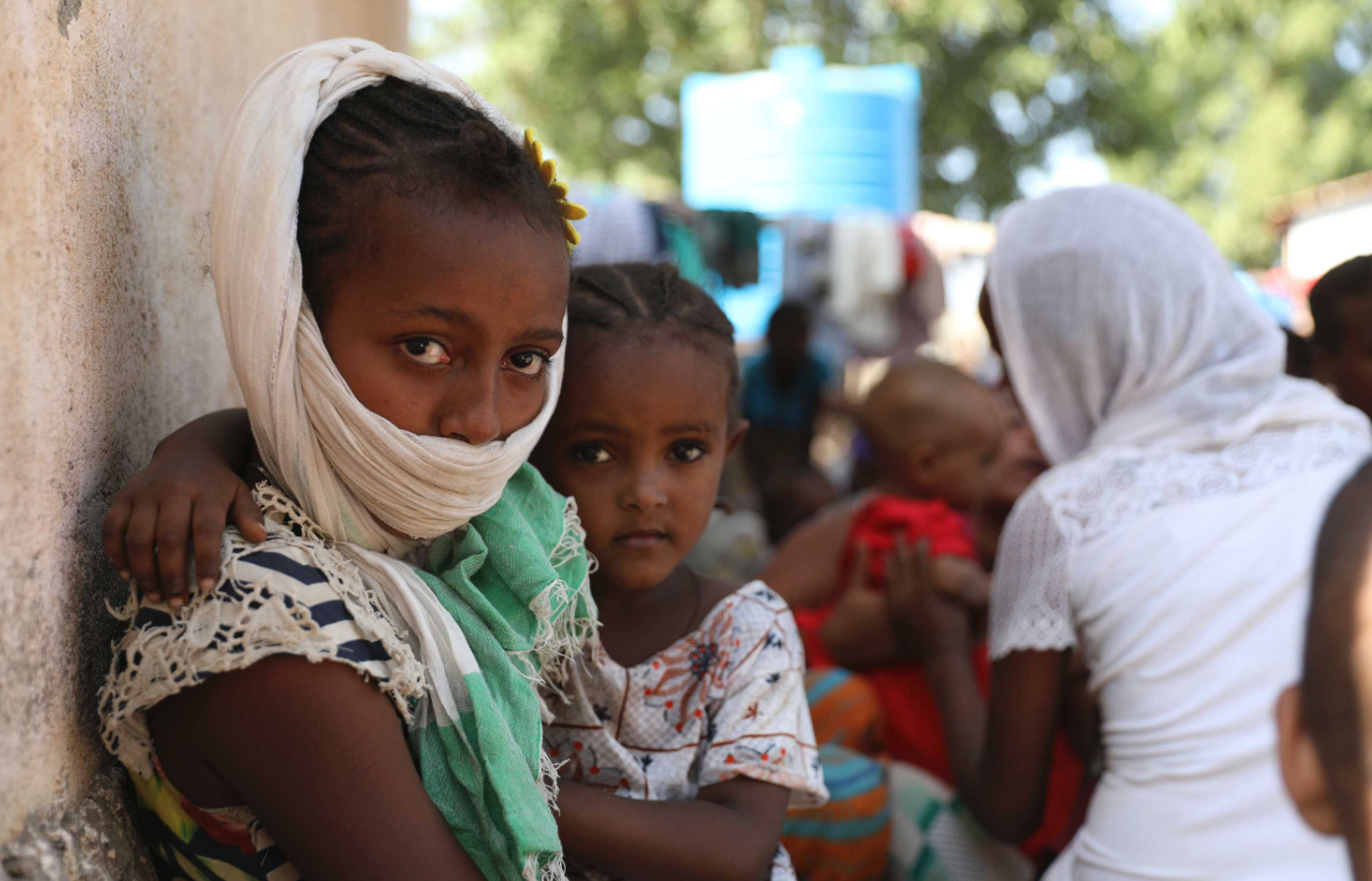In Edaga Arbi town, located in the drought-stricken and war-affected Tigray region of Ethiopia, over 200 individuals have succumbed to starvation since July, with an additional 16 deaths in nearby Adwa town, according to local authorities.
Officials in Tigray are sounding the alarm, cautioning that the region is teetering on the edge of a famine comparable to the devastating crisis in 1984 that inspired the global fundraising event Live Aid the following year.
However, the term “famine” is a touchy subject in Ethiopia.
The central government in Addis Ababa denies the imminent threat of famine and asserts that it is actively working to assist.
Despite these assurances, healthcare professionals and aid workers on the ground assert that aid is not arriving swiftly enough, leaving them powerless to prevent loss of life.
Desta Kahsay, a doctor in the city of Shire, expresses his frustration, stating, “As a doctor, I witness non-stop dying.
Having my knowledge and skills but no means to help my people is futile.”
He likens the situation to “doomsday,” where preventable causes are claiming lives needlessly, particularly among children and young people.
Residents like Abrehet Kiros in Tigray reveal the grim reality of their daily lives, emphasizing the desperate need for support.
Kiros checks on her elderly neighbor regularly, who is now alone after losing her grandson in the recent civil war.
She pleads for assistance, saying, “Everyone here is destitute – we’re all facing hunger. We call on everyone who can support us.”


Last spring, allegations of food aid looting led the World Food Programme and USAid to halt aid to Ethiopia for several months, resuming cautiously in December.
During this aid suspension, nearly 1,500 people reportedly died of starvation in Tigray.
The UN reports that approximately 20 million people in Ethiopia require food assistance due to conflicts, drought, and flooding.
The Early Famine Warning Systems Network predicts that by mid-2024, the food crisis will escalate to a near-nationwide emergency.
Analyst Alex de Waal highlights the multifaceted challenges exacerbating the situation in Tigray, including the aftermath of war, asset-stripping, mass displacement, salary non-payment, and a severe drought.
He warns that Ethiopia’s food crisis could surpass the severity of the crisis four decades ago, potentially resulting in “half a million people or more dying of starvation in the coming year – if there isn’t prompt action.”
Dr. Kahsay in the Shire expresses concern that many have already resigned themselves to hopelessness, accepting daily mourning and funerals, and recognizing their destiny of impending death.
Sudan Temporarily Halts Engagement With IGAD Mediation Group

